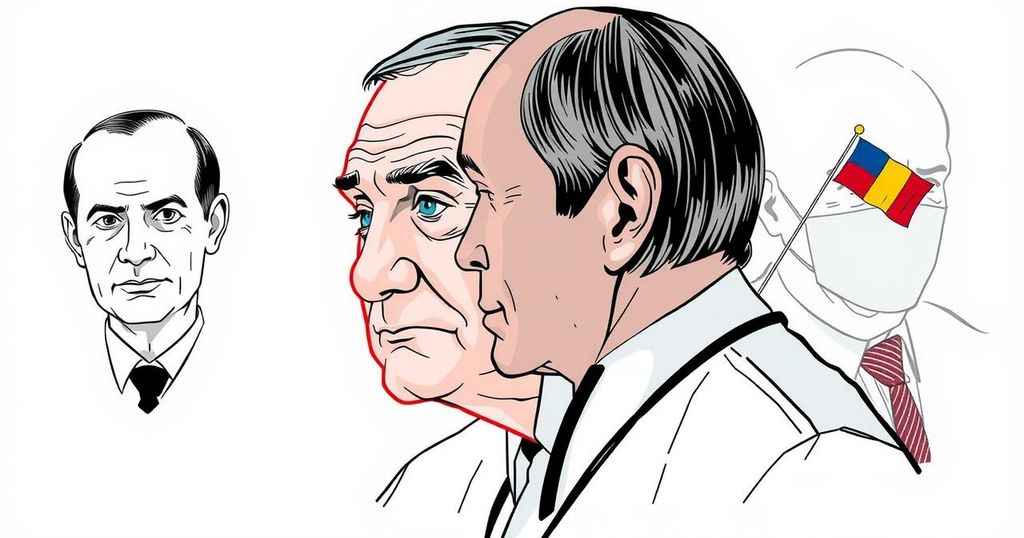Romania Takes a Bold Stand Against Russian Election Interference

Romania’s Constitutional Court annulled its presidential elections, citing Russian interference, making a significant stand against Moscow’s attempts to undermine Western democracies. Pro-Putin candidate Calin Georgescu’s questionable rise through social media tactics exemplifies Russia’s influence. This move highlights Romania’s crucial role as a NATO ally and the urgent need for democracies to address foreign meddling head-on.
For almost two decades, Russian President Vladimir Putin has utilized election interference to shift global power dynamics to his favor. His actions, which include meddling in the 2016 U.S. elections and influencing far-right movements in Europe, have aimed to undermine Western stability. Unexpectedly, Romania has emerged as a resolute counterforce, with its Constitutional Court recently nullifying the initial round of its presidential elections, citing credible evidence of Russian interference.
This critical move led to the cancellation of a second election round, where pro-Putin candidate Calin Georgescu, backed by a substantial yet dubious TikTok campaign, was poised against liberal competitor Elena Lasconi. Georgescu, a controversial figure with anti-NATO sentiments, gained prominence through tactics allegedly funded by Russia. Romania, having endured the ramifications of a totalitarian regime, has chosen an unprecedented stance against Kremlin influence.
Critics highlighted that Lasconi was likely to retain Romania’s EU and NATO alignment, emphasizing the significance of the Romanian court’s decision as a bold assertion against Russian meddling. Putin’s strategy has centered on promoting division within Europe by empowering nationalist leaders who prioritize sovereignty over collective action. This approach supports his long-term objective of undermining alliances such as NATO and the European Union.
Romania stands out as a vital NATO ally against Russian expansion, making its recent actions noteworthy. Veteran journalist Ana Florea Harrison remarked, “Romania is the first country to take a stand against an insanity that has affected America and Western Europe as well.” This decisive action is a departure from a history of passive responses to Russian interventions in Western democracies.
Emerging threats have amplified the stakes for democracy, particularly with the prospect of Donald Trump’s return to the presidency, which could embolden further aggression from Russia. In response, democracies should strengthen international cooperation, enforce accountability on social media platforms, and heighten public awareness about disinformation tactics. This moment serves as a critical reminder of the necessity for democracies to vigorously defend their institutions against authoritarian encroachments that seek to disrupt global order.
The article discusses the ongoing struggle against Russian election interference, particularly focusing on Romania’s recent legal actions in response to such meddling. Throughout history, Russia has attempted to influence democratic processes in various Western nations to create disunity and weaken alliances. This culminated recently in Romania’s Constitutional Court annulling its presidential elections due to evidence of foreign interference. The background frames the legal actions within a broader context of Russia’s strategic objectives to sow discord in the West, highlighting the contentious political environment shaped by Russian interventions.
In summary, Romania’s annulment of its presidential elections marks a historic rebuttal to the pervasive issue of Russian election interference. As a NATO member, Romania’s actions may signal a shift toward more proactive defenses against such threats. With the potential resurgence of populism and nationalist sentiments in Western democracies, it is imperative that nations work collaboratively to safeguard their electoral integrity through enhanced vigilance, education, and responsible social media practices. The commitment of democracies to protect their institutions remains critical in the face of authoritarian tactics.
Original Source: www.newsweek.com







